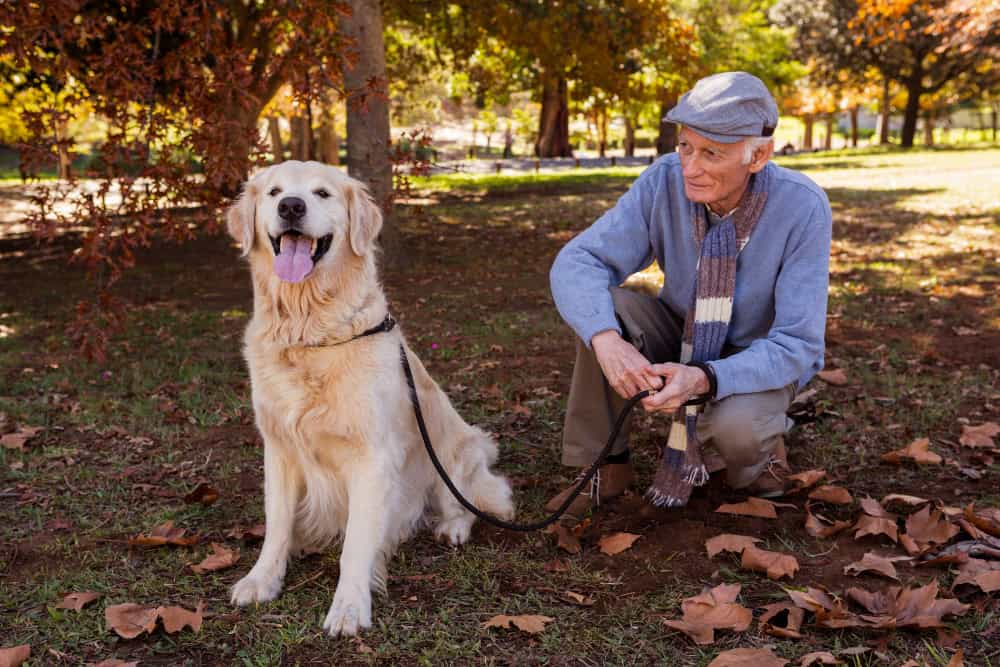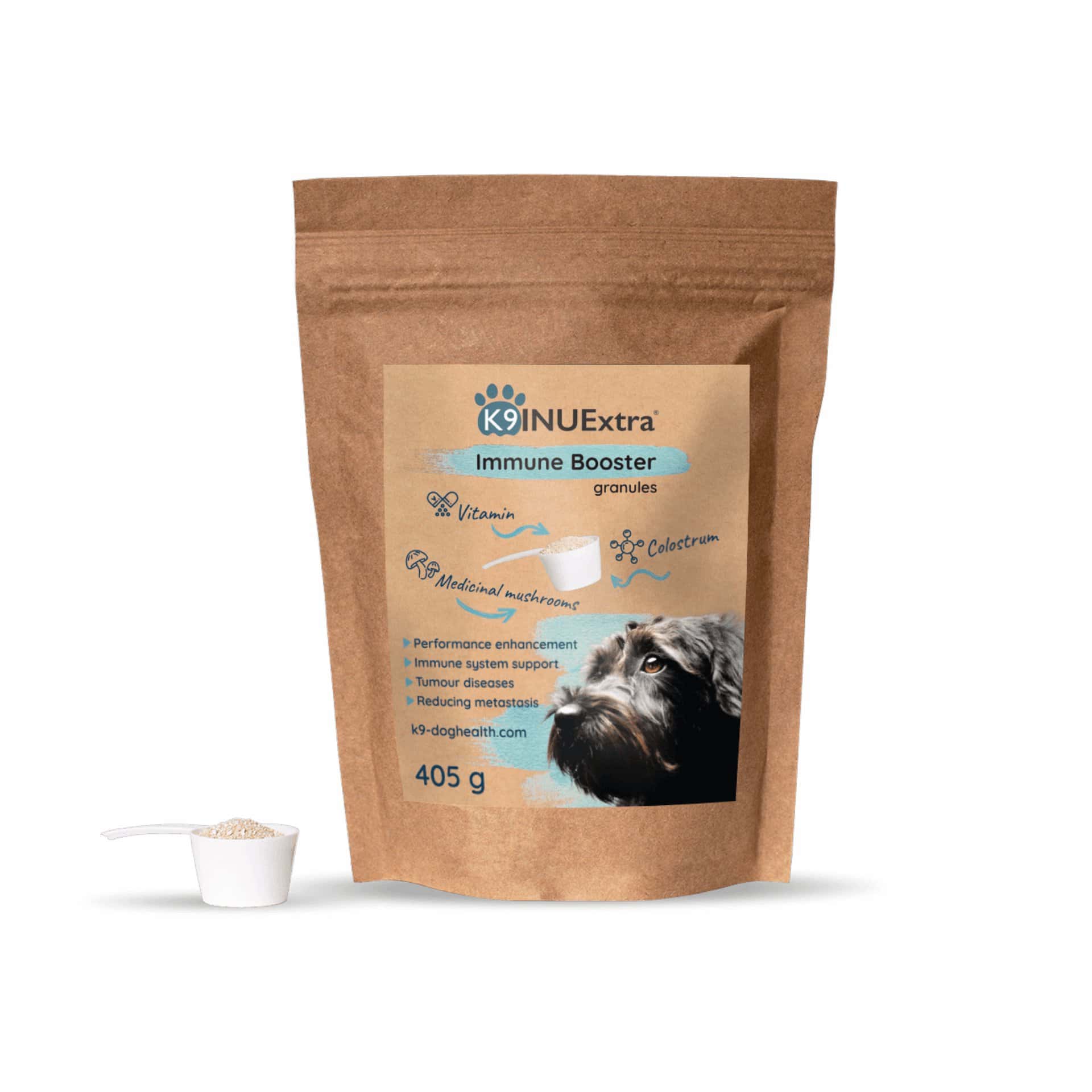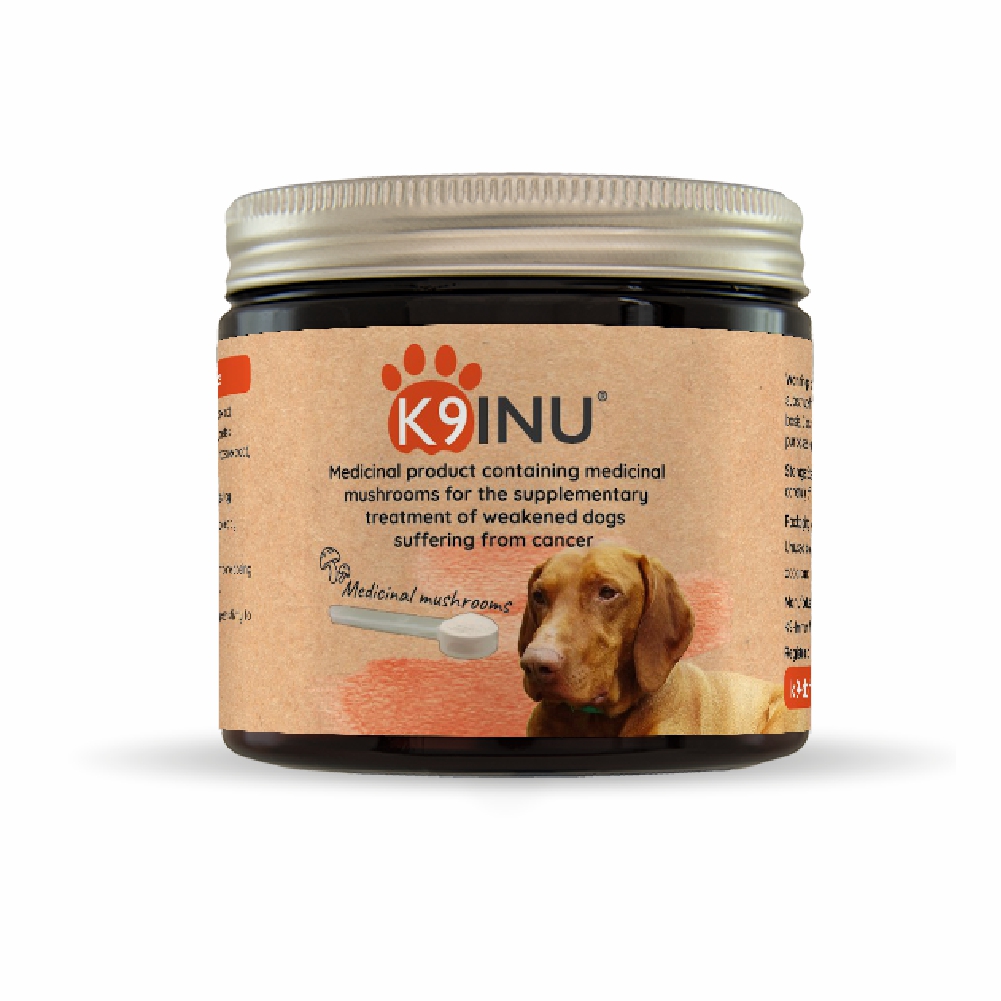Dogs and Cognitive Dysfunction Syndrome (Dog Dementia)
Cognitive dysfunction syndrome in dogs, often referred to as “dog dementia,” is an increasingly common problem among older dogs. Just as people may experience age-related cognitive decline, similar symptoms can also appear in dogs. This article aims to provide a detailed overview of dog dementia, its symptoms, causes, prevention, and treatment options so that dog owners can better understand this condition and help their dogs live a happy, fulfilling life even in old age.
What is Cognitive Dysfunction Syndrome (CDS)?
Cognitive dysfunction syndrome is a degenerative condition that results in the decline of brain function in older dogs. CDS is most comparable to Alzheimer’s disease in humans, as both conditions cause a decline in cognitive functions and behavioral changes. Canine dementia affects a dog’s behavior, social interactions, memory, and overall mental abilities.
CDS is most often caused by neuron loss and the degeneration of brain structures in dogs. The problem typically begins to appear after the age of 8-10, but any older dog can be affected. The condition develops gradually, and if left untreated, it can significantly impact a dog’s quality of life.
Symptoms of Dog Dementia
The symptoms of dog dementia can vary and often manifest as changes in the dog’s habits. Here are the most common symptoms to watch for:

- Interaction problems: The dog may show less interest in its owner or other animals, display unusual behavior such as aggression or excessive attachment.
- Changes in sleep-wake cycles: Older dogs often mix up day and night, being restless at night and sleeping during the day.
- Ignoring house rules: Canine dementia can cause dogs to forget basic house rules, such as where to eliminate.
- Decreased activity level: The dog may lose interest in walks and play, become less active, and withdraw.
- Repetitive behavior: Dogs often show repetitive behavior such as aimless circling, restless pacing, or unnecessary barking.
Causes of Dog Dementia
The exact causes of cognitive dysfunction syndrome are not entirely understood, but several factors may contribute to the development of the condition:
- Brain changes: Various changes, such as plaque buildup, are often observed in the brains of older dogs, which inhibit communication between neurons.
- Oxidative stress: Oxidative stress in older dogs leads to the damage of brain cells. This process is associated with the damage caused by free radicals, which also affect brain functions.
- Circulatory issues: Reduced blood supply to the brain can also contribute to cognitive decline, as the cells do not receive enough oxygen and nutrients.
Diagnosis of Cognitive Dysfunction Syndrome
Diagnosing dog dementia is not an easy task, as many symptoms can indicate other diseases. To make a diagnosis, the veterinarian will take a detailed medical history and conduct various tests to rule out other conditions with similar symptoms, such as:
- Neurological examinations: Tests to assess the condition of the nervous system.
- Laboratory tests: Blood tests and other lab tests that can help rule out, for example, hypothyroidism or other organ problems.
How to Treat Dog Dementia?
Medication
Various medications are used to treat dog dementia that improve cerebral circulation and support neuron function. Medications prescribed by veterinarians may include:
- Selegiline: This medication increases dopamine levels in the brain and helps reduce the symptoms of dementia.
- Memantine: A drug used to treat Alzheimer’s disease in humans, which can also be effective in dogs in certain cases.
Nutritional Supplements
Various supplements, such as antioxidants and omega-3 fatty acids, can help improve the dog’s cognitive functions. Antioxidants reduce the effects of oxidative stress, while omega-3 fatty acids promote healthy neuron function.
Diet
Diets specially formulated for older dogs, rich in antioxidants, vitamins, and omega-3 fatty acids, can help improve brain health. A proper diet contributes to neuron regeneration and maintaining cognitive function.
Mental Stimulation
Mental stimulation is essential to keep a dog’s brain active. To increase brain activity, we can do the following:
- Introducing new games: Puzzle games and interactive toys can help exercise the dog’s brain.
- Training and learning: Teaching new commands or practicing old ones stimulates the brain and helps maintain the dog’s mental alertness.
Environmental Changes
Modifying the dog’s environment can help alleviate symptoms of disorientation and anxiety. For example:
- Establishing a routine: A stable daily routine reduces anxiety and helps the dog navigate its environment.
- Well-lit areas: A well-lit environment and nightlights can help the dog orient itself during the night.
Prevention of Dog Dementia
Although cognitive dysfunction syndrome cannot always be prevented, certain measures can reduce the risk:
- Proper nutrition: A high-quality, nutrient-rich diet can help maintain brain health.
- Regular exercise: Regular exercise improves cerebral circulation and stimulates the production of endorphins, which contribute to well-being.
- Maintaining mental activity: Brain stimulation, such as teaching new tricks and introducing various games, helps preserve brain health.
The Role of Owners in Treating Dog Dementia
The role of dog owners is crucial in treating dog dementia. Here are some tips on how we can help our pets:
- Patience and love: Canine dementia can cause significant changes in behavior, so it’s important to be patient and approach our pets with understanding.
- Regular veterinary checkups: To prevent the worsening of the condition, consult the veterinarian regularly and follow the recommended treatment plan.
- Environmental safety: Ensure that the dog’s environment is safe, avoiding dangerous situations like stairs or sharp objects.
Cognitive dysfunction syndrome can be a significant challenge for older dogs and their owners, but with proper treatment and care, we can improve the dog’s quality of life. It is essential to recognize symptoms early and take the necessary steps for treatment. Loving care, proper nutrition, and mental and physical stimulation all contribute to ensuring that our dog lives a happy and healthy life in old age.

